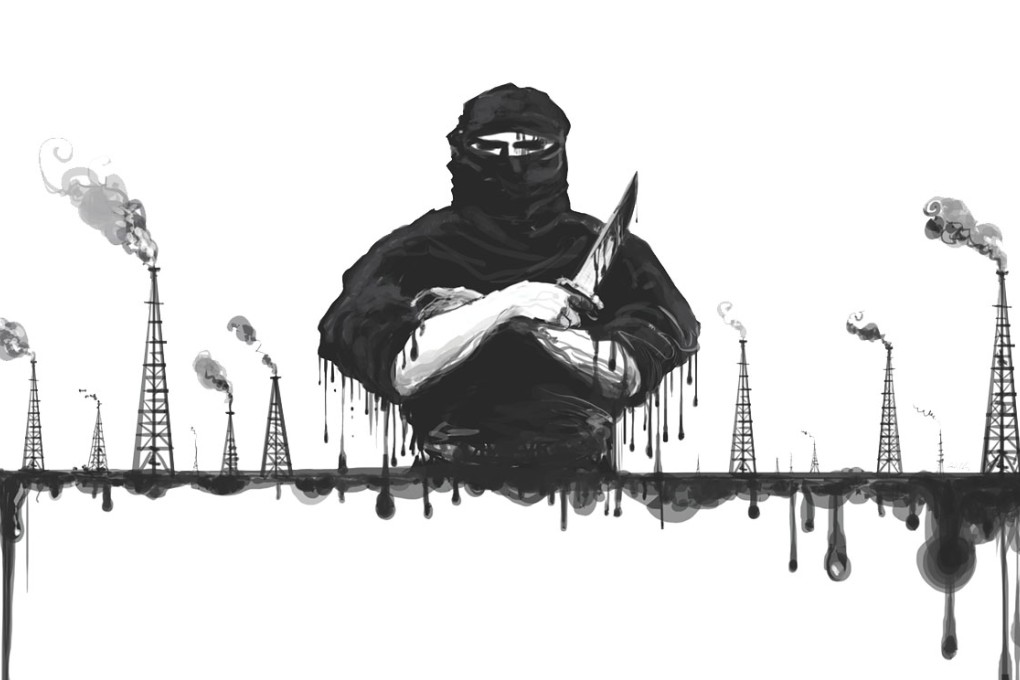Islamic State's self-financing model poses additional challenges for anti-terror operations
Islamic State's self-financing model poses extra challenges for those trying to stop the militant group's expansion in Iraq, Syria and maybe beyond

Islamic State, which now controls an area of Iraq and Syria larger than Britain, may be raising more than US$2 million a day in revenue from oil sales, extortion, taxes and smuggling, according to American intelligence officials and anti-terrorism finance experts.
Unlike other extremist groups that rely on foreign donations that can be squeezed by sanctions, diplomacy and law enforcement, Islamic State's predominantly local revenue stream poses a unique challenge to governments seeking to halt its advance and undermine its ability to launch terrorist attacks that in time might be aimed at the United States and Europe.
Islamic State is probably the wealthiest terrorist group we’ve ever known
"Islamic State is probably the wealthiest terrorist group we've ever known," said Matthew Levitt, a former US Treasury terrorism and financial intelligence official who now is director of the counterterrorism and intelligence programme at the Washington Institute for Near East Policy. "They're not as integrated with the international financial system, and therefore not as vulnerable" to sanctions, anti-money-laundering laws and banking regulations.

The money that Islamic State received from outside donors paled in comparison to its income from extortion, kidnapping, robbery, oil smuggling and the like, said a US intelligence official who spoke on the condition of anonymity to discuss classified information.
While al-Qaeda and other groups that the US designates as terrorists, such as Hezbollah and Hamas, have long depended largely on the kindness of sympathisers and state sponsors such as Libya and Iran, some self-financing by militant groups isn't new.